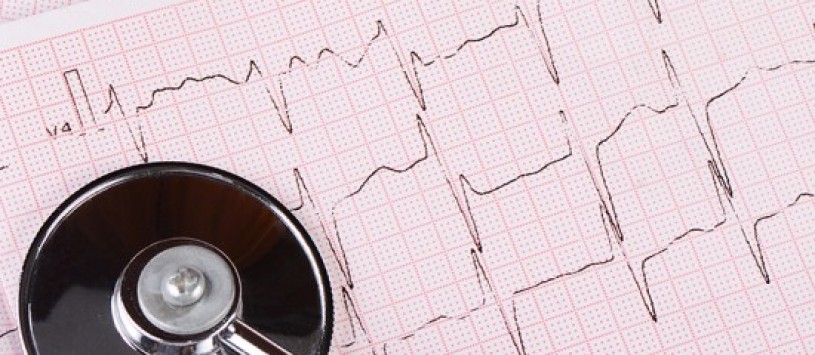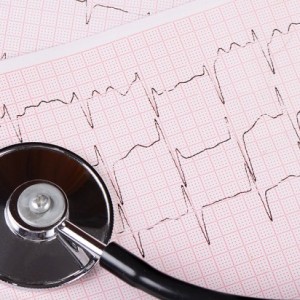By Dana DiSante
Sudden cardiac arrest, though commonly associated with adults over 40, is a rising concern among high school- and college-age student-athletes. As a result, the condition has grabbed the attention of local and national health organizations, the NCAA and Northern Virginia’s own George Mason University.
Though often confused with heart attacks, sudden cardiac arrest is different in nature. Blocked arteries cause heart attacks, but SCA is the result of an irregular heartbeat that interferes with the heart’s ability to pump blood through the body. Likewise, heart attacks stop blood flow whereas SCA changes the rhythm of blood circulation throughout the body, which can cause severe damage to the brain, heart and internal organs.
The NCAA teamed up with leading cardiac health organizations to discover the underlying cause of SCA and found that the condition impacts one in every 40,000 student-athletes. It often presents itself in young adults with an inherited heart illness, which could go undetected due to an absence of symptoms.
According to the National Heart, Lung, and Blood Institute, people affected by SCA can die within minutes of the start of an episode. As indicated by the name, it happens quickly and often without any warning, which is why preventative treatments and monitoring are essential.
Living a heart-healthy lifestyle is foremost in preventing SCA. Staying active and fit and eating a clean, preservative-free diet help reduce risk. Likewise, regular monitoring and heart health screenings, or electrocardiograms, can help detect cardiac arrest symptoms before an episode happens.
SCA has garnered attention locally, too. In 2009, Fairfax teen Ryan Lopynski died due to an enlarged heart at just 18 years old during his freshman year at Virginia Tech. His family went on to create the Ryan Lopynski Big Heart Foundation in his memory to raise awareness about the condition. The foundation hosts free EKG screenings, including a recent event at George Mason in September. The Lopynski foundation joins other national organizations such as the Sudden Cardiac Arrest Association, Sudden Cardiac Arrest Foundation and SADS Foundation in this effort.
Learn more about The Ryan Lopynski Big Heart Foundation’s work, future events and prevention and detection tips here. Next, the foundation will head to Newport News on Nov. 19 for another free EKG screening event.
Credit goes to: Northern Virginia Magazine & Photo svetavo/Adobe Stock


